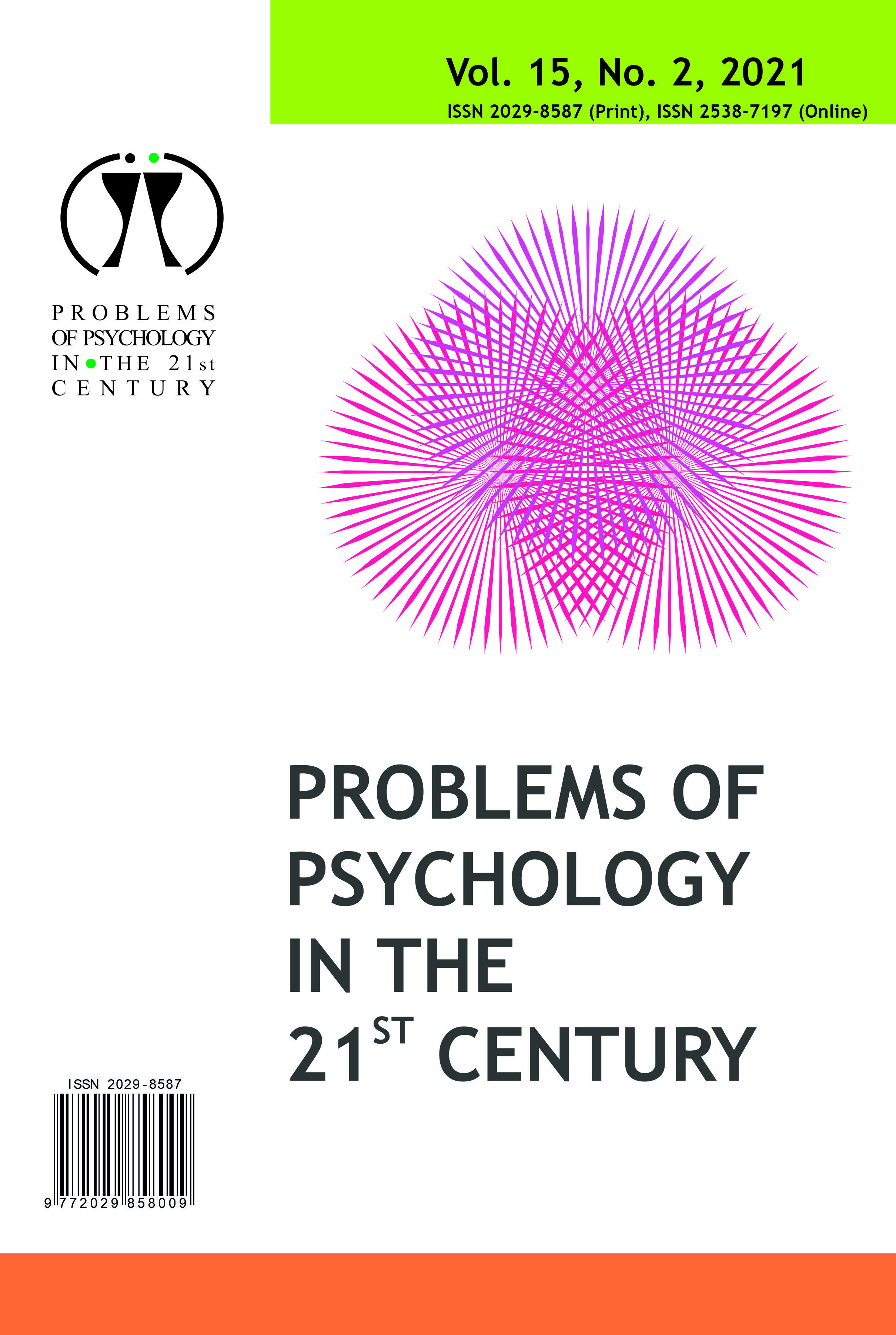THE IMPACT OF INTERVENTION PROGRAM ON HEALTH BEHAVIOURS AND SOCIOEMOTIONAL SKILLS AMONG PORTUGUESE COLLEGE STUDENTS
THE IMPACT OF INTERVENTION PROGRAM ON HEALTH BEHAVIOURS AND SOCIOEMOTIONAL SKILLS AMONG PORTUGUESE COLLEGE STUDENTS
Author(s): Marta Reis, Lúcia Ramiro, Margarida Gaspar de MatosSubject(s): Psychology, Higher Education , Educational Psychology, Developmental Psychology
Published by: Scientia Socialis, UAB
Keywords: health promotion; personal and socio-emotional skills; university students’ training; healthy universities; Portugal;
Summary/Abstract: Health promotion is defined as the process of enabling people to increase control over and to enhance their health. It focuses on individual behaviors towards a wide range of interventions on social and environmental determinants of health and other health related aspects of life (WHO, 2015; 2017). Thus, health promotion implies the need to promote and empower people with resources and skills towards health and well-being (Saboga-Nunes, et al., 2019). The literature reports a negative variation in the lifestyle of university students, and simultaneously demonstrates a significant percentage of university students with a set of emotional, relational, anxiety and stress management difficulties (WHO, 2021, 2018). The need to curb behavioral tendencies harmful to the health of young university students comes justify the need for health promotion in the context of these institutions. This study aimed at analyzing the impact of university students' training, in the area of health promotion and of personal and socio-emotional skills. Participated 286 students. The results show that in addition to the skills worked during the training, the students’ well-being and health also improved at the end of the training. The variables that evidenced to be the most important for the university students’ health promotion were that they finished the training with more self-esteem, resilience, psychological well-being, self-efficacy, happiness and less instability and alienation. Regarding the pre and post evaluation comparisons about skills, importance and usefulness of HBSC/JUnP training, it was observed that both knowledge about health aspects and personal and socio-emotional skills, namely the resilience, self-regulation and problem-solving strategies had a strong positive impact on promoting the health and well-being of students. Higher education institutions present themselves as enhancers of public health, contributing to the students make healthy choices.
Journal: Problems of Psychology in the 21st Century
- Issue Year: 15/2021
- Issue No: 2
- Page Range: 82-93
- Page Count: 12
- Language: English

